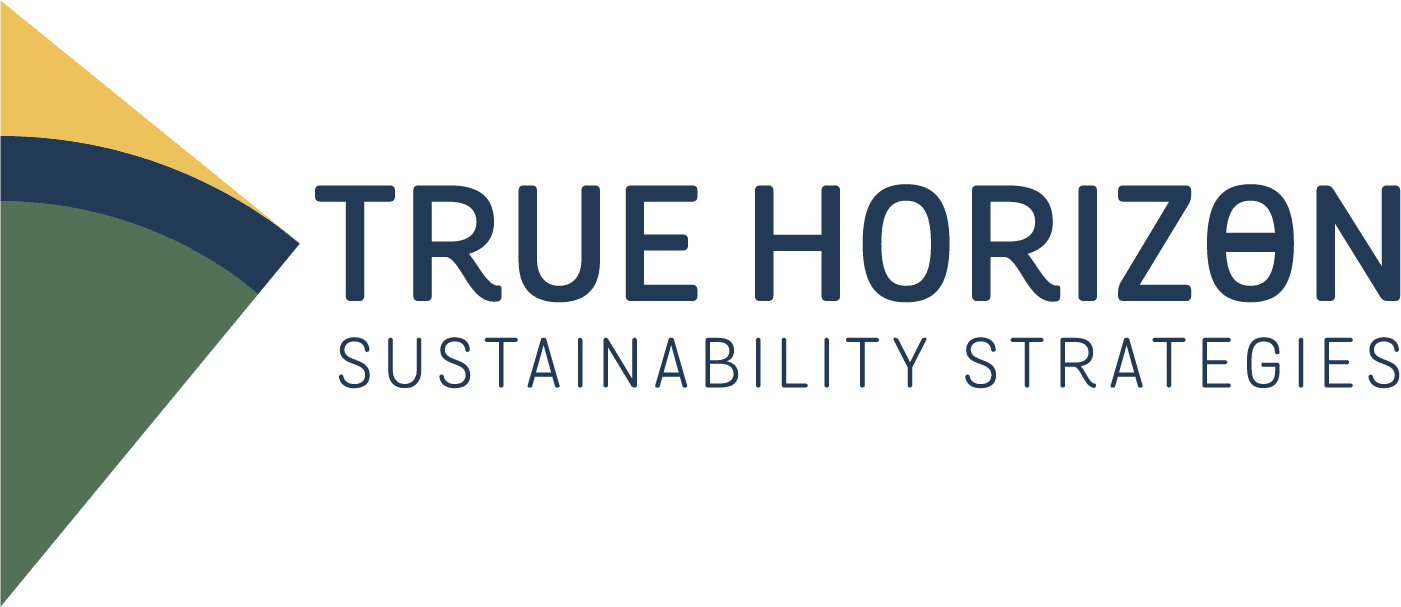
Economics – but make it tasty 🍩
Warning: this blog will feature the word ‘doughnut’ multiple times. I cannot be held responsible for any mysterious sugary cravings that may occur as a result.
No, we’re not covering the great ‘glazed versus sugar-coated’ debate. We’re delving into the concept of Doughnut Economics and its impact on humanity and the planet.
Sounds like a pretty sweet idea, right? Let’s explore it in more detail.
What is Doughnut Economics?
Doughnut Economics is an economic framework and concept developed by Kate Raworth, an economist and Senior Associate at Oxford University’s Environmental Change Institute. The concept offers an alternative perspective on traditional economic thinking by proposing a model that strives to balance social and planetary well-being.
The name “Doughnut Economics” is inspired by the shape of a doughnut. The inner circle of the Doughnut represents the social foundation, which outlines the minimum standard of living that all people should have, including access to food, clean water, healthcare, education, and social equity.
The outer circle represents the ecological ceiling, which refers to the limits of the planet’s resources and its capacity to deal with human activity without causing irreversible environmental damage. You can find a visual representation of the Doughnut here.
The aim of Doughnut Economics is to find a harmonious balance between these two circles. The goal is to ensure that societies meet the needs of all individuals within the social foundation without bypassing the boundaries of the ecological ceiling. By staying within this “doughnut” space, it’s believed that a sustainable and equitable economy could be achieved.
Doughnut Economics also challenges the traditional measures of economic success, such as endless GDP growth (Gross Domestic Product), and instead encourages alternative metrics that focus on social well-being, environmental sustainability, and human development.
Overall, it provides a framework for an economic model that operates within the limits of our planet while ensuring a fair and prosperous society for mankind.
How does Doughnut Economics work in practice?
Excitingly, Doughnut Economics isn’t just a theory that’s debated over every now and then, only to remain a theory. Amsterdam has decided to embrace the concept. It’s the first time a major city has decided to put the Doughnut into action, but several cities (such as Copenhagen and Brussels, among others) have followed suit.
Amsterdam aims to bring all of its 872,000 residents inside the Doughnut, ensuring everyone has access to a good quality of life without squandering the Earth’s resources.
As it stands, the city has introduced standards for sustainability and circular use of materials for contractors in all city-owned buildings. Anyone wanting to build on the city’s latest flagship construction project, Strandeiland, will need to provide a “materials passport” for the buildings so that when they are demolished, the city can reuse and repurpose the parts.
Could Doughnut Economics replace capitalism?
It’s a big question. Capitalism is a complex, multifaceted system – and it’s been the dominant economic model in many societies for centuries.
It’s certainly possible.
After all, modern problems require modern solutions – the success of humanity has always and will always rely on innovation.
Some proponents of the Doughnut argue for a blended approach that incorporates elements of Doughnut Economics and capitalism, aiming to strike a balance between economic prosperity, social well-being, and environmental stewardship.
I’ll leave you with this quote from Rutger Bregman’s Utopia for Realists. “The inability to imagine a world in which things are different is evidence only of a poor imagination, not of the impossibility of change.”
More like this? Sign up to fortnighly Eco Bites for more the latest sustainability news, offers and more.
